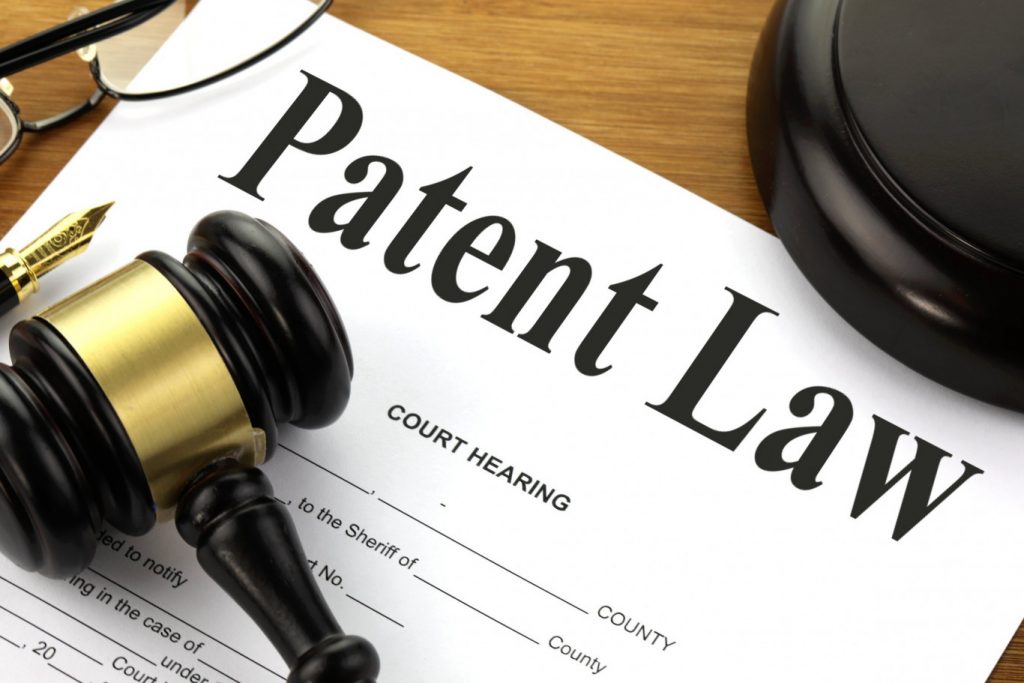The globalization of markets and the rapid advancement of technology have led to an increase in cross-border intellectual property (IP) disputes, particularly in the field of mechanical engineering. Navigating the complexities of mechanical IP litigation in international markets presents unique challenges, including jurisdictional issues and the enforcement of patent rights across different legal systems. This article explores these challenges and provides insights into managing mechanical IP litigation effectively on a global scale.
The Landscape of International Mechanical IP Disputes
IP Protection Importance in Mechanical Engineering
Mechanical engineering innovations are critical assets for companies, driving competitive advantage and economic growth. Patents protect these innovations by granting exclusive rights to inventors, preventing unauthorized use. However, as businesses expand internationally, the need to safeguard mechanical IP across multiple jurisdictions becomes paramount.
The Rise of Cross-Border Disputes
With the increasing internationalization of business, cross-border IP disputes have become more common. These disputes often involve complex legal issues, as different countries have varying IP laws and enforcement mechanisms. Companies must navigate these differences to protect their mechanical IP effectively.
Jurisdictional Challenges in International IP Litigation
Determining Jurisdiction
One of the primary challenges in international IP litigation is determining the appropriate jurisdiction for resolving disputes. Jurisdiction refers to the authority of a court to hear a case. In cross-border disputes, determining which country’s courts have jurisdiction can be complicated. Factors such as where the infringement occurred, the location of the parties involved, and the jurisdictions specified in contractual agreements all play a role in this determination.
Forum Shopping
Forum shopping is a practice where a party chooses to file a lawsuit in a jurisdiction perceived to be more favorable to their case. This can complicate litigation, as the other party may contest the chosen jurisdiction, leading to delays and increased legal costs. Companies need to be strategic in their approach to jurisdiction to minimize these complications.
Managing Cross-Border Mechanical IP Litigation
Engaging Local Counsel
Navigating the legal landscape of foreign jurisdictions requires expertise and familiarity with local laws and regulations. Engaging local counsel who specialize in IP litigation is crucial. Local attorneys can provide insights into the nuances of the legal system, procedural requirements, and cultural considerations that may impact the case.
Harmonizing IP Strategies
To manage IP effectively across borders, companies should harmonize their IP strategies. This involves aligning patent filings, enforcement actions, and litigation strategies across different jurisdictions. Consistency in approach can prevent conflicting outcomes and ensure a unified defense of mechanical IP rights.
Utilizing International Treaties
Several international treaties and agreements facilitate the protection and enforcement of IP rights across borders. The Patent Cooperation Treaty (PCT) allows inventors to seek patent protection in multiple countries through a single application. Similarly, the Agreement on Trade-Related Aspects of Intellectual Property Rights (TRIPS) establishes minimum standards for IP protection and enforcement among World Trade Organization (WTO) member countries. Leveraging these treaties can simplify the process of securing and defending patents internationally.
The Role of Expert Testimony in International IP Litigation
Importance of Expert Testimony
A mechanical intellectual property expert testimony is crucial in mechanical IP litigation, especially in international contexts. A mechanical intellectual property expert can provide detailed technical analysis and insights into the patented technology, helping the court understand complex mechanical engineering concepts. This expertise can be pivotal in proving infringement or defending against invalidity claims.
Challenges with Cross-Border Expert Testimony
Securing mechanical intellectual property expert testimony in cross-border disputes can be challenging. Experts must be familiar with the technological aspects of the case and the legal standards of the jurisdiction where the case is being heard. Additionally, logistical issues such as travel restrictions and differences in legal procedures must be managed effectively.
Enforcement of International IP Judgments
Recognition and Enforcement
Enforcing an IP judgment across borders involves having the judgment recognized and executed in another country. This process can be complex, as not all countries automatically recognize foreign judgments. Companies may need to go through additional legal proceedings to enforce a judgment, which can be time-consuming and costly.
Strategies for Effective Enforcement
To enhance the chances of successful enforcement, companies should:
- Conduct Due Diligence: Understand the legal framework and enforcement mechanisms of the target jurisdiction.
- Draft Robust Contracts: Include clear jurisdiction and enforcement clauses in contracts to minimize disputes over jurisdiction.
- Leverage Diplomatic Channels: In some cases, engaging diplomatic channels can facilitate the enforcement of IP judgments.
Conclusion
Mechanical IP litigation in international markets involves navigating a complex web of jurisdictional challenges and varying legal standards. By engaging local counsel, harmonizing IP strategies, utilizing international treaties, and effectively managing expert testimony, companies can protect their mechanical innovations across borders. Understanding and addressing these challenges proactively is crucial for safeguarding valuable IP assets in the global marketplace.

